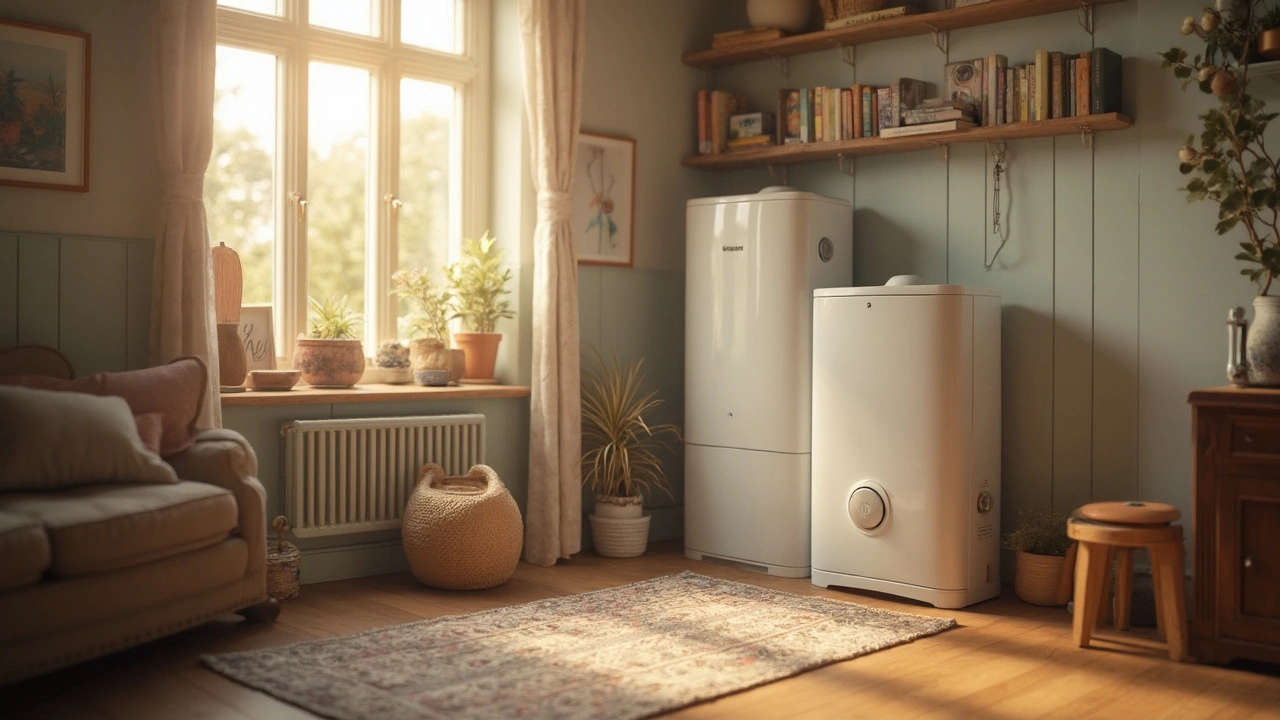Heating Efficiency Made Simple: Save Energy and Money at Home
Ever wonder why your heating bill spikes even though you haven’t turned the thermostat up? Chances are your appliances aren’t running as efficiently as they could. Small tweaks and regular check‑ups can slash waste, keep rooms cozy, and stretch your budget. Below are the most practical steps you can take right now.
Check and Clean Your Boiler – The Heart of Your Heating
The boiler is the workhorse behind every radiators and hot‑water tap. Over time soot builds up, seals wear out, and pressure drops, all of which force the unit to work harder. First, look at the pressure gauge; it should sit between 1 and 1.5 bar when the system is off. If it’s low, top it up using the filling loop – but only if you’re comfortable doing so.
Next, schedule a professional boiler service at least once a year. A qualified technician will clean the heat exchanger, test the pump, and adjust the gas valve for optimal combustion. This quick visit can boost efficiency by up to 15 % and prevent unexpected breakdowns during the cold snap.
Boost Efficiency in Hot‑Water Systems
Hot water heaters often get overlooked, yet they consume a lot of energy. If you have a traditional tank, set the thermostat to 120 °F (49 °C). Anything higher burns extra fuel without making a noticeable difference in shower comfort.
For tankless units, clear any mineral deposits from the inlet filters every six months. A clogged filter reduces flow, making the system work longer to reach the set temperature. Also, insulate the hot‑water pipes – a simple pipe‑wrap sleeve can keep water hot for an extra minute and cut heat loss.
Don’t forget the thermostat on your heating controls. A programmable thermostat lets you lower the temperature while you’re out or asleep, then ramps it up just before you return. Even a 1‑degree drop can translate into noticeable savings over a season.
Lastly, bleed radiators that feel cold at the top. Air pockets block hot water, forcing the boiler to pump harder. Use a radiator key, turn the valve slowly, and you’ll feel the difference in a few minutes.
Applying these habits doesn’t require a degree in engineering – just a few minutes each month and a quick call to a trusted local repair service when you hit a snag. Wells Appliance Repairs offers fast, reliable boiler and water‑heater tune‑ups, so you never have to guess whether a problem is DIY‑fixable or needs a pro.
Remember, the goal isn’t just lower bills; it’s a comfortable home that runs smoother for longer. Keep an eye on pressure gauges, clean your boiler, set sensible thermostat levels, and give your hot‑water system a regular once‑over. With these easy steps, your heating system will stay efficient, your home will stay warm, and your wallet will thank you.
Is It Worth Replacing a 15-Year-Old Boiler?
0 Comments
Many homeowners wonder if it's time to replace their aging boiler. A 15-year-old boiler might still be working, but is it the most efficient and cost-effective option? This article explores the key factors to consider before deciding on replacement, including energy efficiency, cost savings, safety concerns, and new technology advancements. Learn the necessary steps to make an informed decision about your home heating system.
Read More